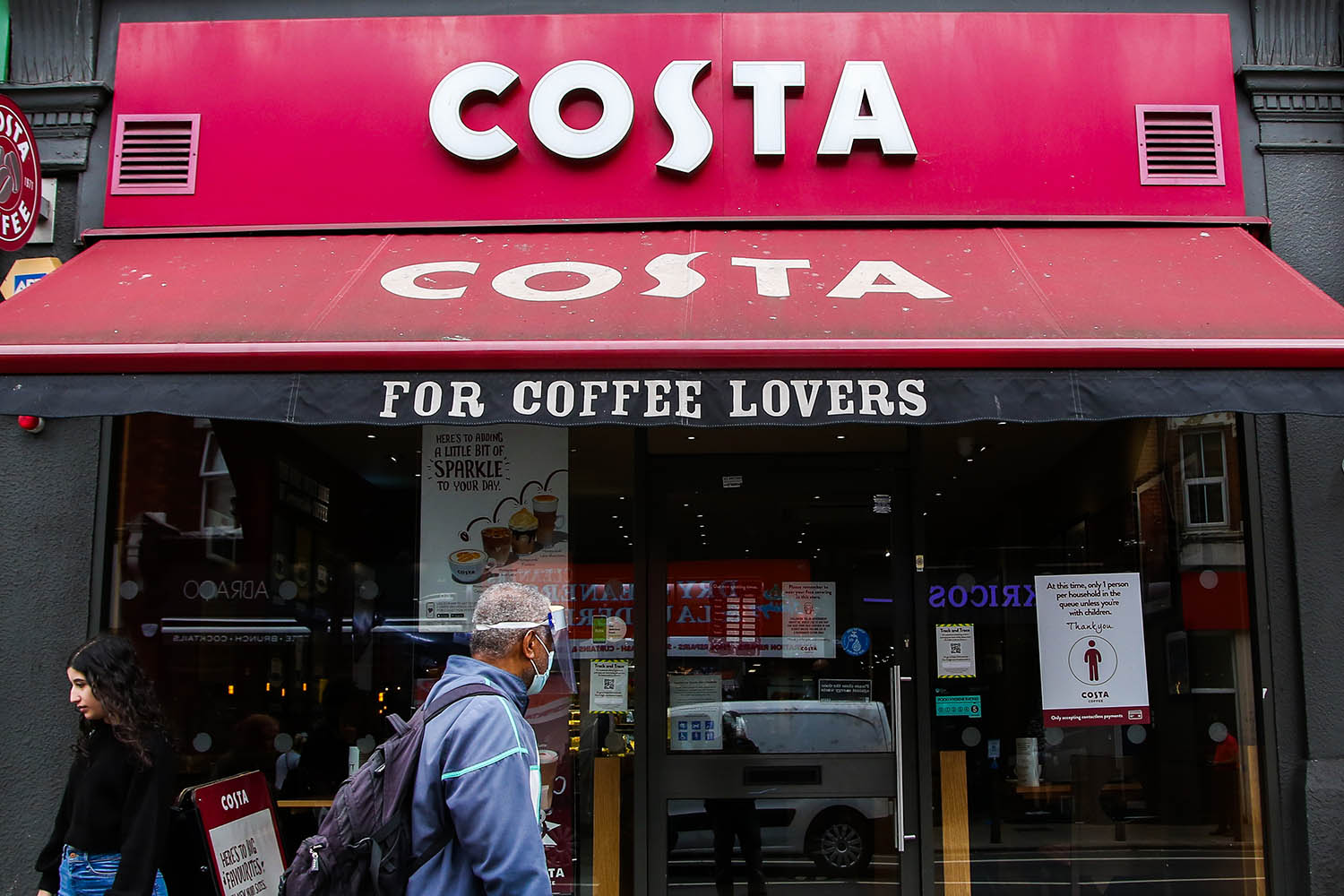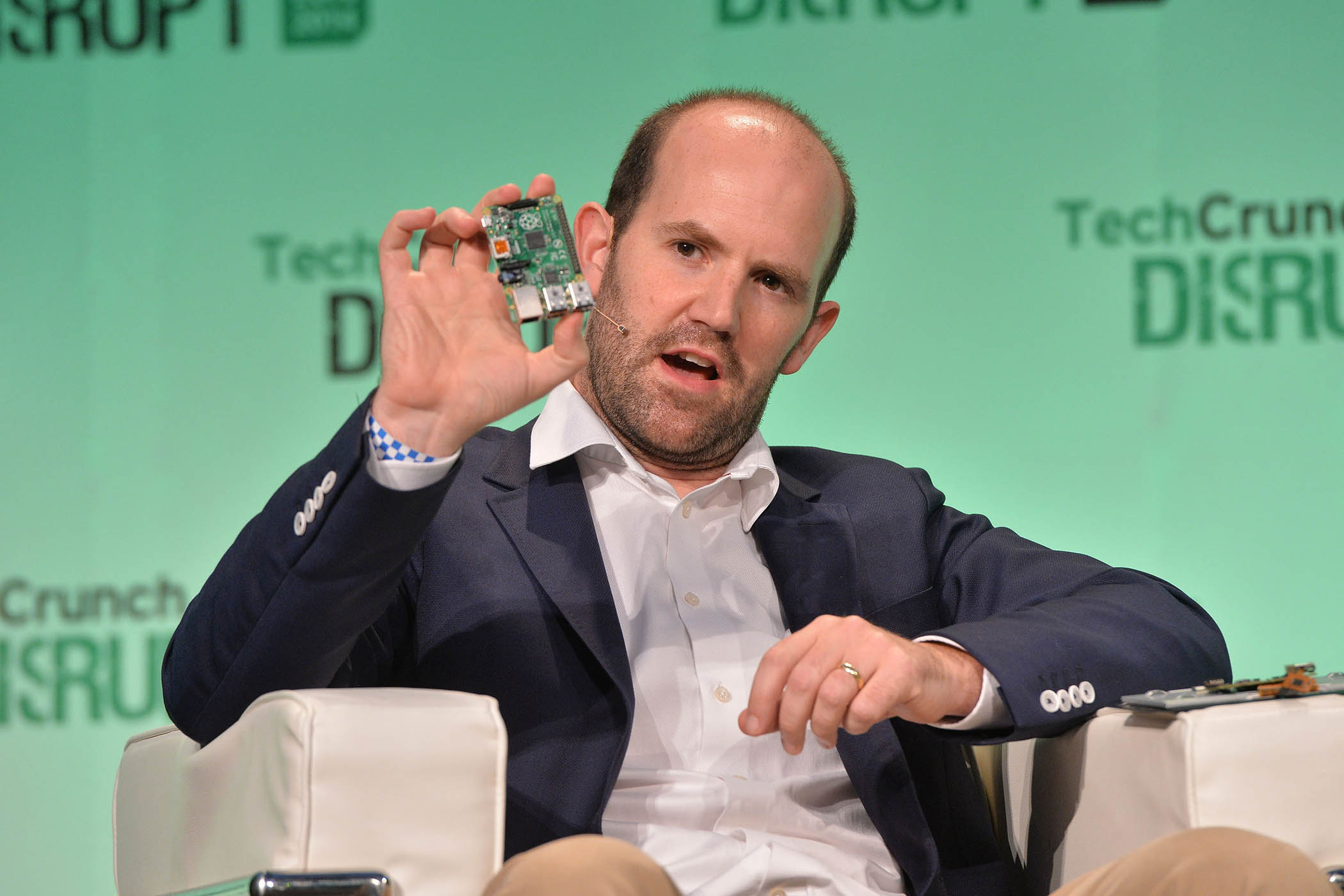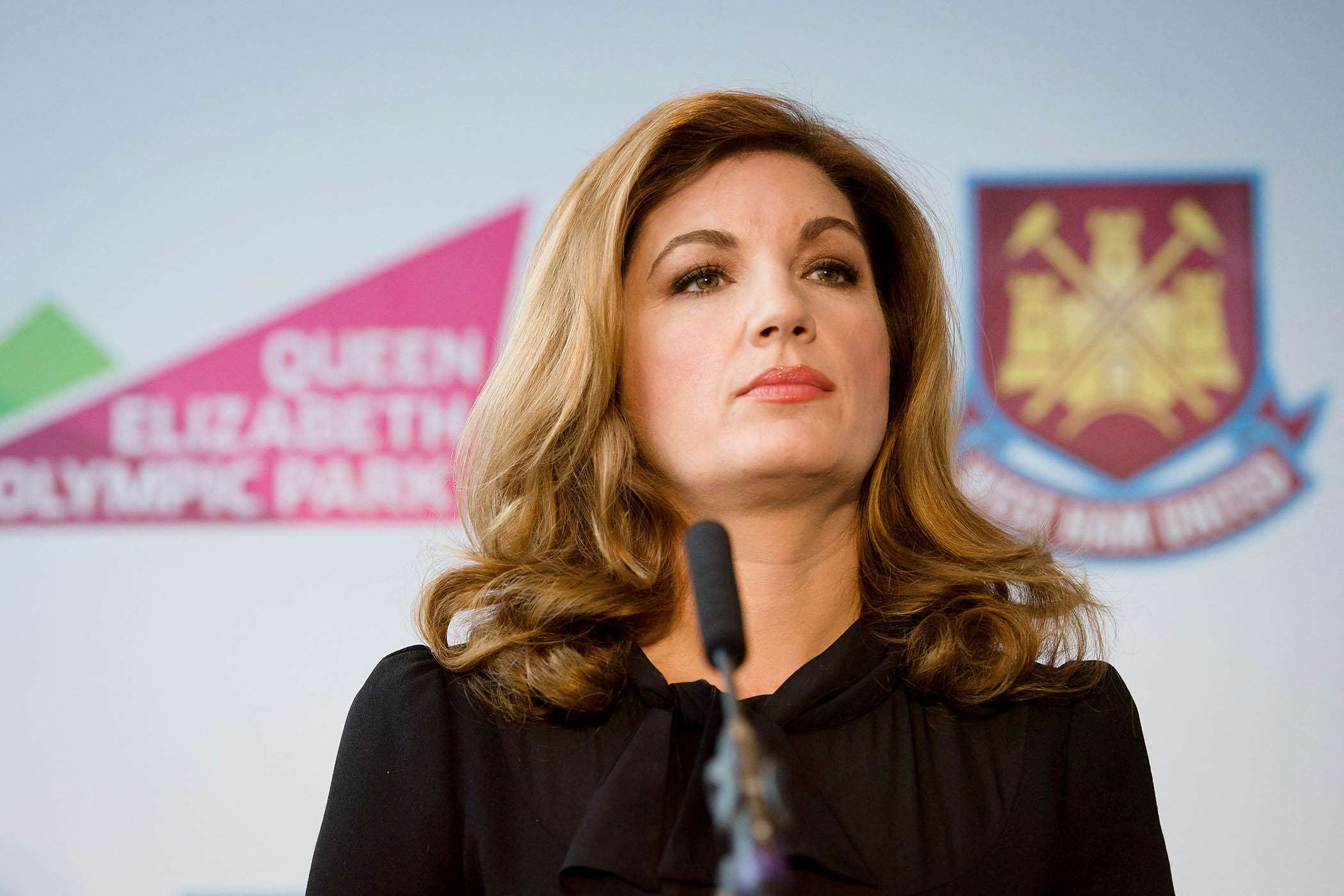If it sometimes feels as if there is a Costa Coffee in every town and city in the UK, that is because there almost is.
The chain has more than 2,000 outlets around the country and at least 14,000 self-serve coffee machines, selling millions of cups a week.
“It seems there’s a Costa on every corner,” said Hamish Renton, chief executive of food and agriculture consultancy HRA Global. But this market dominance is not an entirely positive story. “They’re a victim of their own success … They’re cannibalising themselves,” he added.
Last week it was reported that Apollo Global Management, the US private equity company that owns Wagamama’s parent company, could be a potential bidder for Costa, after holding early talks with advisers to its owner, Coca-Cola.
The latter, which bought Costa for £3.9bn in 2018, may be considering offloading Britain’s biggest coffee chain. In July its chief executive, James Quincey, told analysts Costa had “not quite delivered” and was “not where we wanted it to be from an investment hypothesis point of view”.
Renton said: “I am quizzical that Costa could even fetch £2bn on the current market.” Costa’s global coffee sales fell 3% last year and its most recent accounts show the UK business making revenues of £1.2bn in 2023 – up 9% on 2022 but still below the £1.3bn achieved in 2018.
Meanwhile, profit margins are under threat from rising costs.
Britain also has more than 1,200 Starbucks outlets and at least 600 Caffè Neros, while Greggs, the bakery chain, now holds a 9% share of the country’s “out-of-home coffee occasions”, with in excess of 2,600 sites. Last year concerns that Starbucks could sell its British operations were abated after fresh investment.
So have we reached peak coffee, or just peak Costa? Britain’s obsession with coffee shops certainly shows little sign of abating.
According to Allegra World Coffee Portal’s 2025 report, the £6.1bn UK branded coffee shop market grew by 5.2% in 2024 to reach 11,456 outlets, while there are now 12,212 independent sites.
Newsletters
Choose the newsletters you want to receive
View more
For information about how The Observer protects your data, read our Privacy Policy
Allegra sees these growing by 11.7% to 26,460 combined by 2030, with branded sites increasing locations by 15.7% to 13,260 and sales from £6.1bn to more than £8bn.
The market is not without challenges; droughts, crop failures and supply shortages have all contributed to the average price of a coffee in Britain increasing by 17% since 2022, while the cost of living crisis has squeezed people’s budgets.
But independent shops and smaller chains are benefiting from an increase in consumers who actually want to spend more – seeking higher-quality, artisan coffee.
Urban Baristas, which has 26 locations in London, is expected to double this number, while the speciality coffee shop WatchHouse is scaling up after millions of pounds of private equity investment.
This month Black Sheep Coffee, where a large flat white costs more than £5, announced it would be opening at least 31 stores across Leicestershire, Buckinghamshire and Essex, while Blank Street, an American operator with venture capital investors, reported outlet growth of 27% last year.
The latter is particularly popular with younger consumers, not least for its Instagrammable pale-green iced matcha latte (about £4) and shopfronts in the same colour. It held a tattoo pop-up in Manchester in May.
Sahar Hashemi, who co-founded Coffee Republic as one of Britain’s first modern coffee shop chains in 1995, sees the market now turning full circle. “When we started, the quality of coffee served by sandwich chains was really low so it felt great to have big chains come in and deliver consistency,” she said.
There are so many coffee shops that are independent, run by real human beings … and that’s way more interesting to people
There are so many coffee shops that are independent, run by real human beings … and that’s way more interesting to people
Hamish Renton, HRA Global
“The big brands [are now] dominating. But the real energy in the market is coming from the independents and speciality roasters, which are very popular with generation Z. You see people queuing on the street to get coffee at Blank Street. The indy-styled chains are offering a lifestyle experience.”
The bigger chains, meanwhile, could suffer. “Costa has attempted to give a one-size-fits-all approach,” said Renton. “It is appealing to a very transactional coffee drinker.
“With the hollowing out of the high street, there are so many coffee shops that are independent, run by real human beings… and that’s way more interesting to people.”
Photograph by Katherine Anne Rose/The Observer


